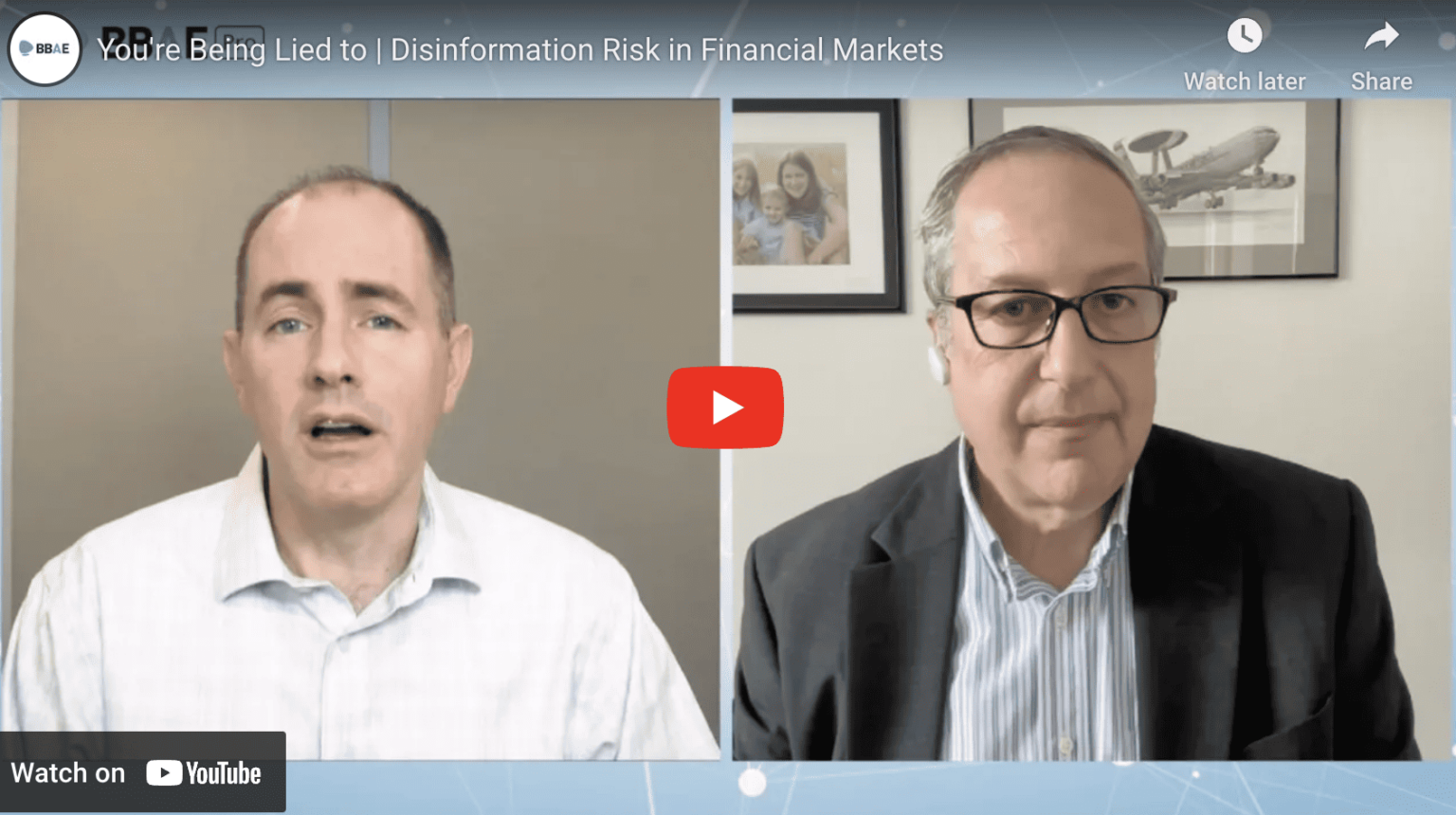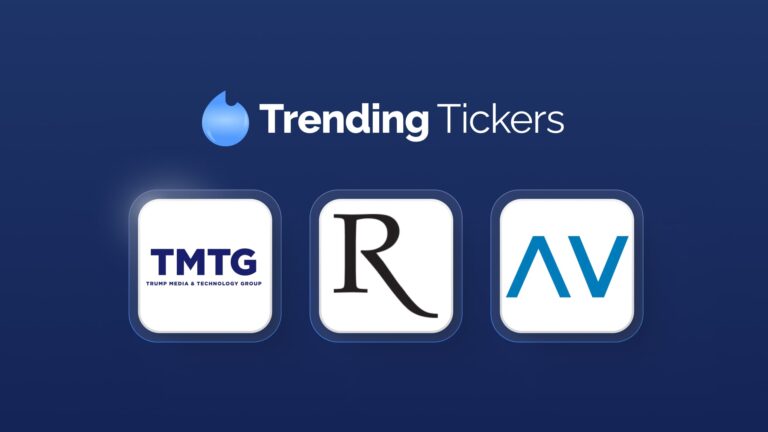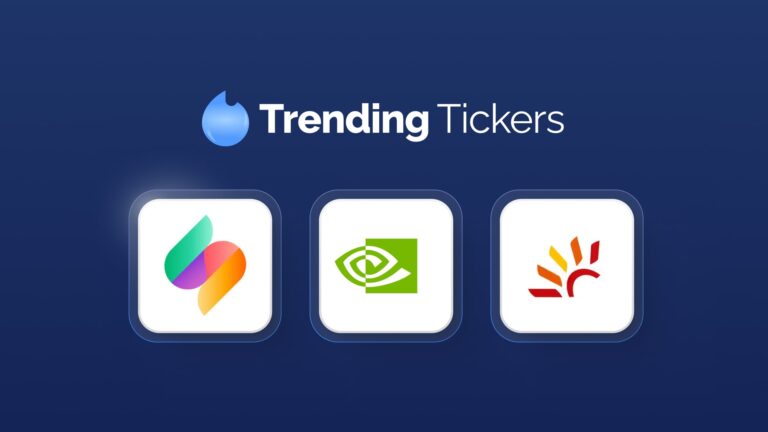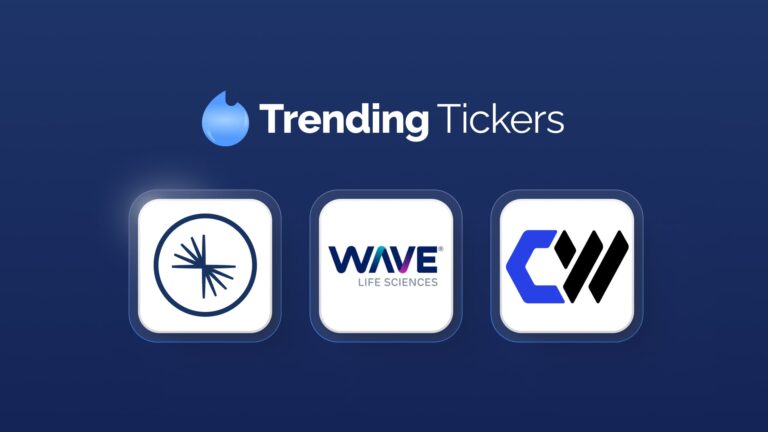“The greatest threat to mankind” sounds bad. In fact, it sounds about as ominous as it gets.
But that’s how my friend Professor Alan Jagolinzer, who heads the accounting faculty at Cambridge University, describes the disinformation.

It sounds like a stretch, but maybe it isn’t – or won’t be soon.
Think about it: In the old days, you had to stand up to change the TV channel (and many of us grew up with black-and-white TVs and rabbit-ear antennas), and there were only a handful of them. Or maybe you read the newspaper. Or a magazine. News was centralized.
Social media, where everybody can be a publisher, democratized publishing. It sounds great, and has been great in many cases. But after seeing the overall result, I’m not sure that we want everyone to be a publisher; there’s benefit to having editors and an editorial board charged with maintaining a media company’s brand credibility, something a fly-by-night blowhard just gunning to inflame his “tribe” is less concerned with.
Anyway, these days, we can live in an information bubble of our own making – making us more vulnerable to disinformation (and its slightly less malignant cousin, misinformation, which is the accidental spreading of falsehoods). Bots can “like” posts, articles, and videos, and make comments, providing false social proof. And AI makes outright impersonation cheaper and easier by the year.
Disinformation affects nations, individuals, and financial markets. A fake tweet about free insulin cost Eli Lilly billions of dollars in market cap last year. That was temporary, but in theory, bad actors could deliberately disinform markets to create buying or selling opportunities.
Likewise, companies themselves need to make business decisions almost constantly, relying on accurate information about everything from weather patterns to supply chains to geopolitical relations.
False information made out to appear believable is nothing new – as I mention in the video, the Bible mentions “false witness” 81 times.
But technology enables it to be taken to a whole new level. Is the world ready?
My chat with Alan is broader in focus and longer than my usual fare. Avoid it if you’re looking for direct investment content. But the topic – and by the way, Alan is hosting the Cambridge Disinformation Summit on July 27th and 28th if you’re interested (you can watch online for about the price of a nice dinner for two) – is thought-provoking.
With Russian propaganda right next door, Finland is already teaching young children how to read media with an eye for disinformation. It won’t be the last country. I don’t know how, but I do believe that disinformation is changing – and will further change – the world. Especially for investors.
James
p.s. Yes, disinformation is scary, right? Thank goodness you’re an investor in the US capital markets, which are the world’s most robust and generally held to be the most trusted. That’s why, when we’ve seen a global “flight to safety,” it’s almost invariably to US assets. I’m not a genie and I’m not making predictions, but it’s possible that US stocks will fare better than others as information warfare heats up. If you’re looking for an account – or looking for a new one – or looking for one with a cooler brokerage – check out what BBAE has today.













